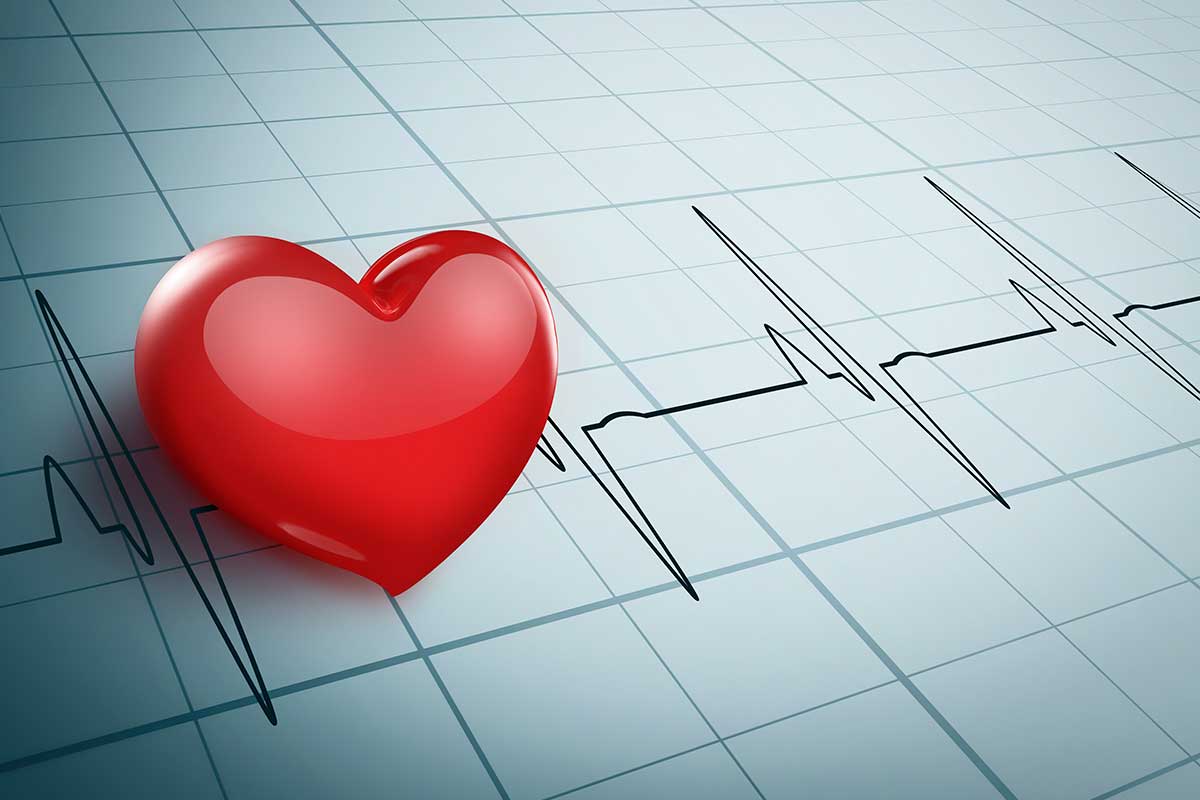Atrial Fibrillation Specialist in Michigan
Atrial Fibrillation, also known as AFib, is a type of arrhythmia that affects the heart’s rhythm and can lead to serious health complications. The Atrial Fibrillation specialist at CardioQ is a highly trained and experienced medical professional who uses the latest diagnostic tools and treatment options to manage this condition.
With a patient-centered approach, the Atrial Fibrillation specialist at CardioQ works closely with each patient to develop a personalized treatment plan that meets their unique needs and goals. Whether it’s through medication, lifestyle changes, or minimally invasive procedures, the specialist’s ultimate goal is to improve the patient’s quality of life and reduce the risk of complications.
If you or a loved one is living with Atrial Fibrillation, the CardioQ team is here to help. Contact us today to schedule an appointment with our Atrial Fibrillation specialist and take the first step towards better heart health.


Abnormal Fast Heart Rate or Rhythm (Atrial fibrillation)
Atrial fibrillation is the most common type of heart arrhythmia (irregular heartbeat) that can interrupt the normal flow of blood. This interruption means the conditions puts you at risk of blood clots and stroke. Atrial Fibrillation Specialist in Michigan at CardioQ can help you manage with proper medical care.
Between 2.7 and 6.1 million U.S. people. Trusted Source have Atrial Fibrillation (AFib or AF).
With AFib, the two upper chambers of your heart (atria) are affected. This disrupts blood flow to the ventricles or the lower chambers, and then throughout the rest of your body.
If left untreated, AFib can be deadly.
Atrial Fibrillation may be temporary, may come and go, or may be permanent. It’s also most common in adults over the age of 65. But with proper medical care, you can live a normal, active life.

Symptoms & Signs
Those who do experience symptoms may notice:
- Heart palpitations (feeling like your heart is skipping a beat, beating too fast or hard, or fluttering)
- Chest pain
- Fatigue
- Shortness of breath
- Weakness
- Lightheadedness
- Dizziness
- Fainting
- Confusion
- Intolerance to exercise
Treatments
If you do require treatment, your doctor may recommend the following types of medications:
- Beta-blockers to decrease your heart rate.
- Calcium channel blockers to relax arterial muscles and decrease overall heart rate
- Sodium or potassium channel blockers to control heart rhythm.
- Digitalis glycosides to strengthen your heart contractions.
- Blood thinners to prevent blood clots from forming.
Common questions
When the heart beats normally, its muscular walls tighten and squeeze (contract) to force blood out and around the body.
They then relax so the heart can fill with blood again. This process is repeated every time the heart beats.
In atrial fibrillation, the heart’s upper chambers (atria) contract randomly and sometimes so fast that the heart muscle cannot relax properly between contractions. This reduces the heart’s efficiency and performance.
Atrial fibrillation happens when abnormal electrical impulses suddenly start firing in the atria.
These impulses override the heart’s natural pacemaker, which can no longer control the rhythm of the heart. This causes you to have a highly irregular pulse rate.
The cause is not fully understood, but it tends to affect certain groups of people, such as those over 65.
It may be triggered by certain situations, such as drinking too much alcohol or smoking.
Atrial fibrillation can be defined in various ways, depending on the degree to which it affects you.
For example:
- Paroxysmal atrial fibrillation – episodes come and go, and usually stop within 48 hours without any treatment.
- Persistent atrial fibrillation – each episode lasts for longer than 7 days (or less when it’s treated).
- Long-standing persistent atrial fibrillation – where you have had continuous atrial fibrillation for a year or longer
- Permanent atrial fibrillation – where atrial fibrillation is present all the time.
Atrial Fibrillation Specialist in Michigan at CardioQ can help treat this condition.
Atrial fibrillation is the most common heart rhythm disturbance, affecting around a million people in USA.
It can affect adults of any age, but it’s more common in older people. It affects about 7 in 100 people aged over 65.
More men than women have atrial fibrillation.
Atrial fibrillation is more likely to occur in people with other conditions, such as high blood pressure (hypertension), atherosclerosis or a heart valve problem.
While the exact cause of AFib isn’t always known, there are some factors that may put you at a higher risk for this condition. Some of these may be prevented, while others are genetic.
Talk to your doctor about the following risk factors:
- Increased age (the older you are, the higher your risk)
- Being white
- Being male
- A family history of atrial fibrillation
- Heart disease
- Structural heart defects
- Congenital heart defects
- Pericarditis
- History of heart attacks
- History of heart surgery
- Thyroid conditions
- Metabolic syndrome
- Obesity
- Lung disease
- Diabetes
- Drinking alcohol, especially binge drinking
- Sleep apnea
- High-dose steroid therapy
